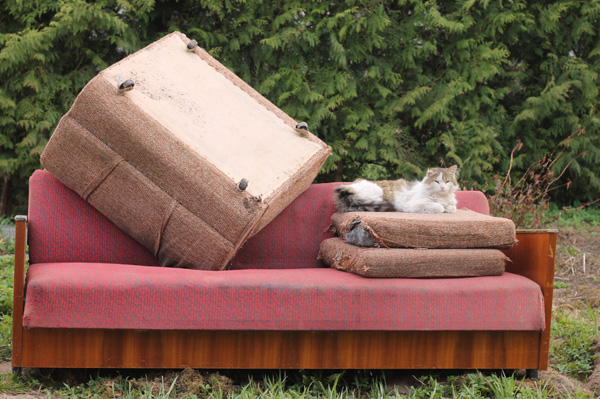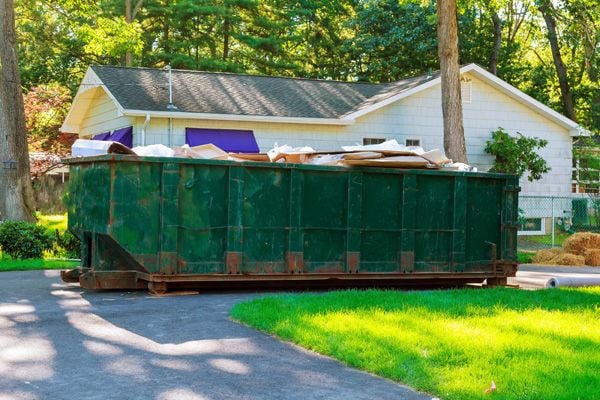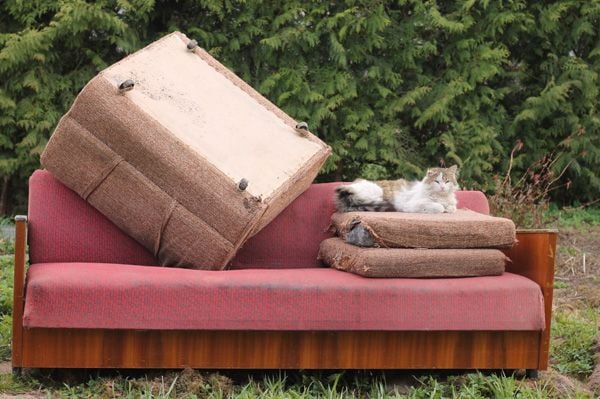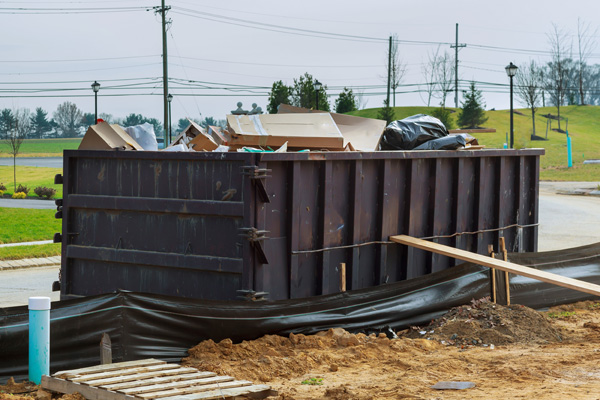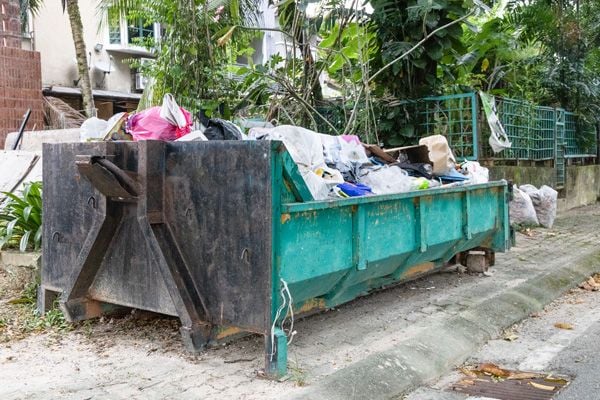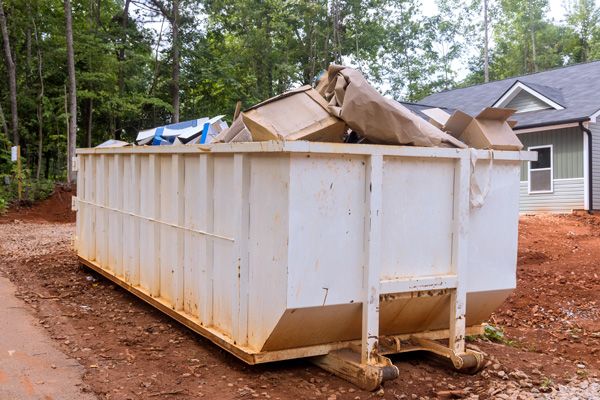Dumpster Rental For Clinical Research Labs: Everything You Need To Know
Clinical research labs often require specialized waste management services. Dumpster rental for clinical research labs is an effective solution to ensure the safe disposal of biomedical and hazardous wastes, as well as other materials generated in these facilities. This article provides an overview of dumpster rental for clinical research labs, discussing why it is necessary, what types of materials can be disposed of in a dumpster, and key considerations when selecting and renting a dumpster. The safe disposal of biomedical and hazardous wastes is critical for clinical research laboratories. These substances cannot be disposed of with regular garbage or recycled materials; therefore, specialized containers are needed to safely store them until they can be transported and treated according to applicable regulations. The most convenient option for many laboratories is dumpster rental since this allows them to have reliable access to suitable containers without needing to maintain their own storage onsite. Dumpsters come in various sizes and configurations that allow laboratories to select the optimal size container depending on their needs while also minimizing unnecessary costs associated with larger units that may not fit their requirements. Additionally, there are numerous features available such as locking lids or wheels that make transportation easier if required. When choosing the right unit for your laboratory’s needs, there are several important factors to consider including local environmental laws, frequency and amount of waste produced by the lab, type of waste being stored in the dumpster, accessibility at the laboratory site, etc. Definition Of Clinical Research Labs Waste Waste generated in clinical research labs requires special attention. This type of waste is often referred to as ‘medical waste’ and it encompasses a wide variety of hazardous materials, including infectious, pathological, biomedical, and chemotherapy wastes. As such, the disposal process for this kind of waste must meet certain guidelines set forth by medical regulatory bodies. A dumpster rental is an effective way for research labs to safely dispose of their medical waste without putting themselves or others at risk. The types of items that need to be discarded in a dumpster vary depending on the nature of the lab’s activities. However, some common examples include laboratory glassware contaminated with biohazardous material; culture dishes used in cell cultures; expired medications and chemicals; sharps (needles); unused pharmaceuticals; and x-ray films. All these objects contain potentially hazardous materials that can pose risks to human health if not properly handled and disposed of. For this reason, proper protocols must be followed when disposing of any item from a clinical research lab. It is important that all personnel involved are up-to-date on safety regulations pertaining to medical waste handling and disposal processes so they can ensure compliance with local laws while also protecting public health. With careful planning and preparation, using a dumpster rental provides a safe solution for managing clinical research lab’s waste responsibly. What Items Need To Be Discarded In A Dumpster Dumpster rentals are an important resource for clinical research laboratories and other medical facilities. Roll off dumpsters can be used to store a variety of items that need to be safely discarded such as: * Medical waste * Infectious materials * Reagents and other laboratory supplies These types of waste must be disposed of in accordance with local, state and federal regulations, ensuring that hazardous items do not end up in the environment or harm wildlife. Additionally, toxic materials should never be placed in any type of dumpster without proper disposal protocols being followed. Improper disposal could lead to severe consequences for both personnel and patients involved with the facility. In some cases, laboratories may even have a body donation program where cadavers can be stored before being donated or sent off for autopsy. If this is the case, special containers should also be obtained from approved vendors who specialize in transporting human remains. It is essential that all medical waste is handled properly so as to ensure safety and compliance with governmental regulations regarding improper disposal. By following these guidelines, clinical research labs can rest assured knowing they are practicing safe methods of disposing their waste while reducing potential hazards associated with improper handling of hazardous material. What Should Not Be Discarded In A Dumpster It is important to note that some items should never be discarded in a dumpster. This includes any type of human tissue, body fluids or asbestos containing materials as these can lead to serious health risks and environmental contamination if disposed of improperly. Additionally, the disposal of dead bodies is illegal in many states and jurisdictions so it is vital to take necessary precautions when disposing of such material. Portable storage devices and wireless devices may also contain sensitive information and must be properly destroyed prior to being placed into a dumpster. In order to ensure proper waste management, all hazardous materials must be stored separately from non-hazardous waste and appropriate safety gear should always be used when handling potentially dangerous substances. It is also recommended that those renting a dumpster contact their local municipality for additional guidance on what types of items can and cannot be thrown away in a rental container. Lastly, there are specific regulations governing medical infectious waste and its management which need to be followed at all times for the safety of everyone involved. Medical Infectious Waste And Its Management Medical infectious waste refers to materials that have been contaminated with potentially harmful microorganisms. This type of waste requires special disposal instructions in order to protect the environment, personnel and public health. Propane tanks and construction waste from renovation projects must not be placed in dumpsters designated for medical infectious waste. Unwanted items such as furniture, electronics and other non-medical related items are also prohibited from being placed into these dumpsters. Commercial dumpster rentals can provide safe containers for disposing of medical infectious waste correctly. It is important to note that all regulations regarding the proper handling and transportation of hazardous material should be adhered to when transporting this type of waste. Failure to do so
Dumpster Rental For Clinical Research Labs: Everything You Need To Know Read More »

